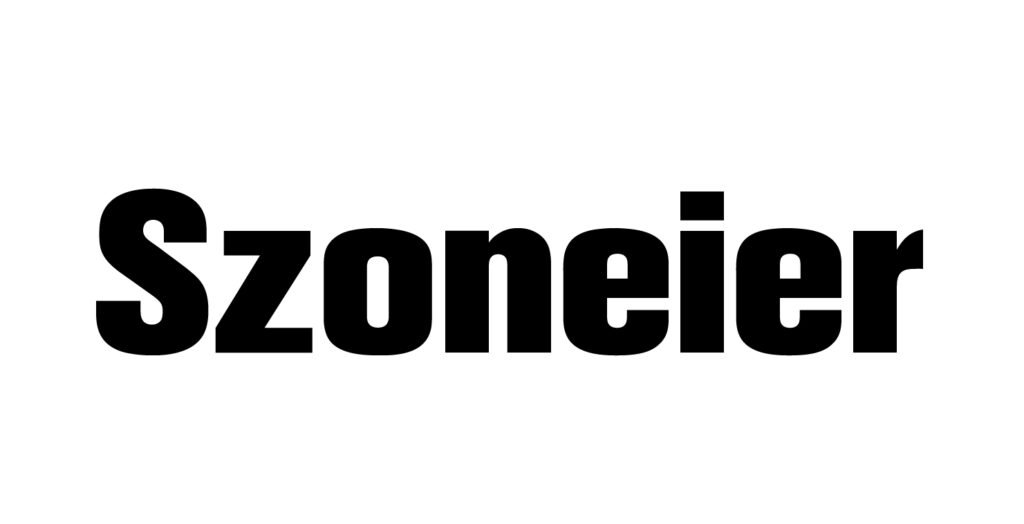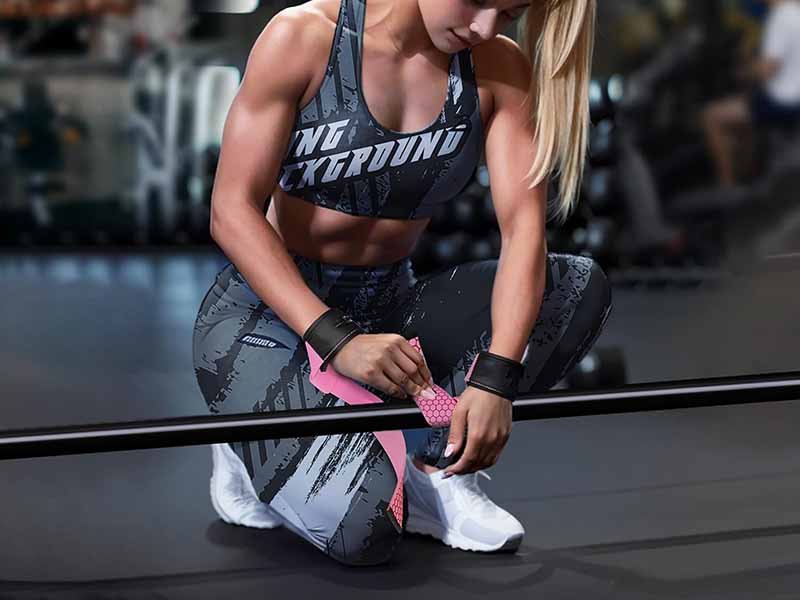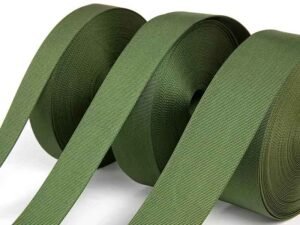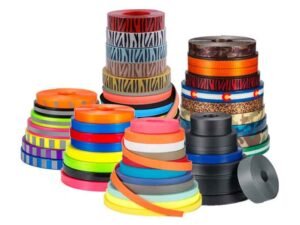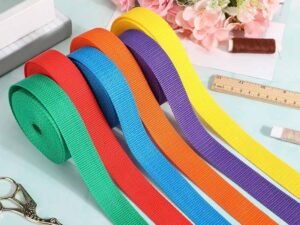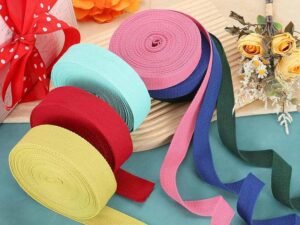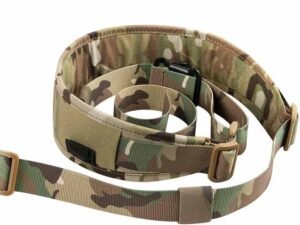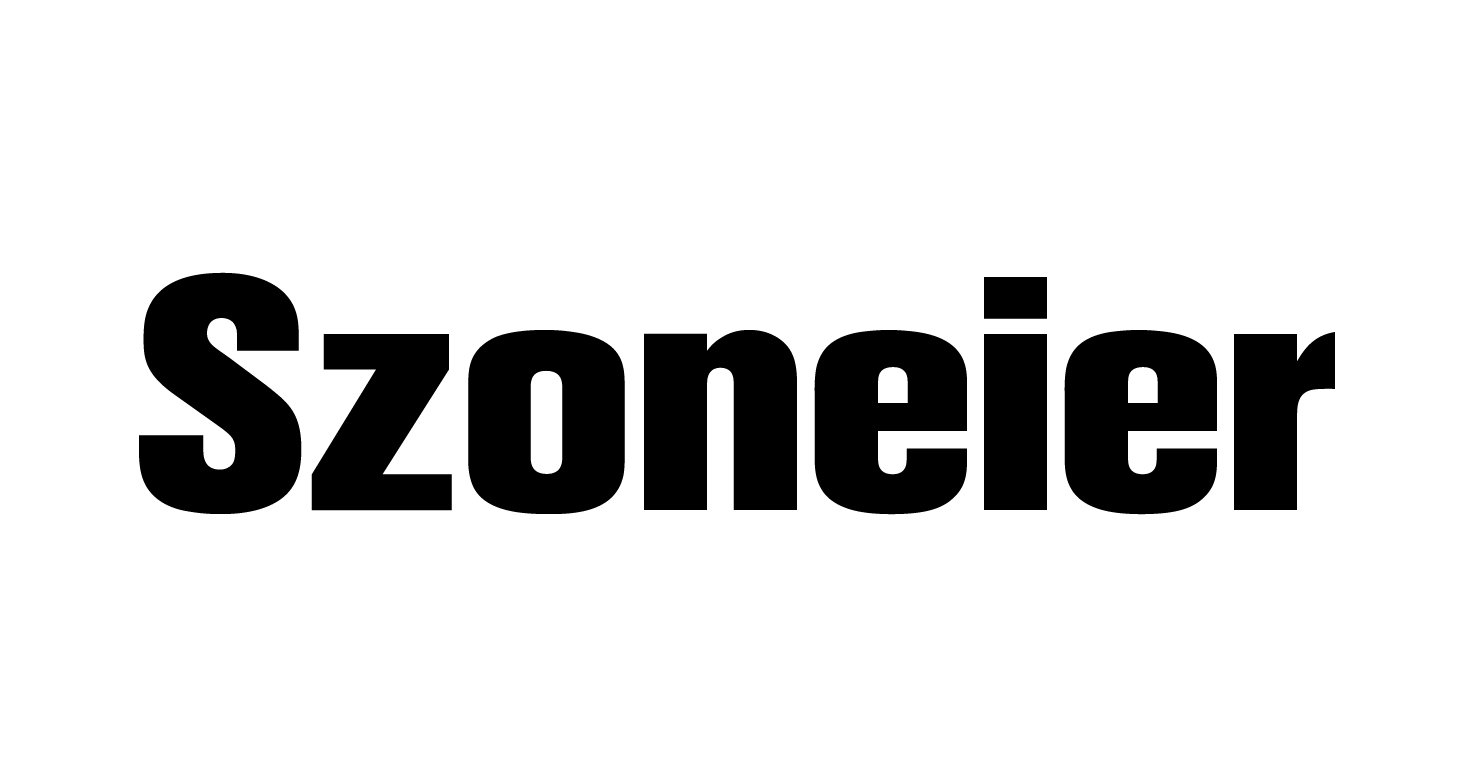In today’s competitive strength-training market, choosing the right lifting straps can make or break your performance—and your safety. From seasoned powerlifters chasing new personal records to gym owners sourcing durable accessories for their members, the quest for “Which manufacturer offers the highest quality, best customization, and most reliable lead times?” is universal.
The 15 best lifting straps manufacturers excel by combining high-strength materials (nylon, polyester, PP, cotton), rigorous stitching standards, and certifications like ISO and CE. They offer low-MOQ OEM/ODM services, free design support, rapid sampling, and global shipping. By evaluating material properties, production capacities, and after-sales support, you can pinpoint a partner that meets your performance, branding, and budget needs.
Whether you’re a private label brand or a bulk-buying gym chain, you’ll learn how to assess criteria that truly matter—and hear the story of a garage-gym owner who transformed an order of custom straps into a six-figure side business. Keep reading to see how Szoneier’s 18+ years of webbing expertise can help you lift—and your brand—higher.
What Criteria Define the Best Lifting Straps Manufacturers?
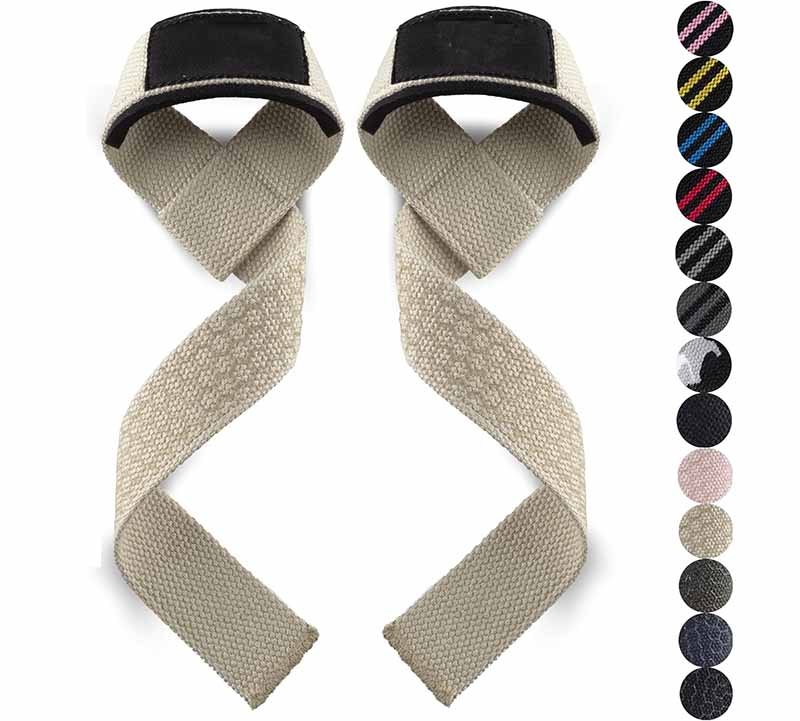
The best lifting straps manufacturers are defined by four key criteria: material strength and type (e.g., high-tenacity nylon, durable polyester, reinforced cotton), stitching quality (double-stitched, bartack reinforcement), validated load ratings through third-party tests, and international certifications (ISO, CE, REACH). Additional factors include low minimum order quantities, free design services, rapid prototyping, and transparent lead times. Together, these benchmarks ensure you get safe, high-performance straps that align with your branding and volume requirements.
When evaluating lifting straps manufacturers, it’s tempting to focus solely on price. However, in a market where a single failure can cause costly injuries—or at minimum, a workout cut short—quality and reliability must be paramount. Here’s how to think critically about each criterion:
Material Strength & Type
- High-Tenacity Nylon: Offers excellent tear resistance and a smooth finish that’s gentle on the skin. Ideal for heavy deadlifts and Olympic lifts.
- Polyester Blends: More abrasion-resistant than pure nylon; retains shape under repeated stress. Often combined with neoprene padding for wrist comfort.
- Polypropylene (PP): Lightweight and moisture-wicking but slightly less abrasion-resistant. Best for moderate loads or cross-training straps.
- Reinforced Cotton Weave: Traditional “gym-style” straps with natural breathability. Look for tightly woven, heavy-weight cotton to avoid fraying.
Stitching & Construction
- Double-Stitch & Bartack: The industry standard for load points. Check that pull tabs, loops, and seams feature bartack stitching at stress zones.
- Edge-Binding: A reinforced border prevents delamination and fraying. Some manufacturers use heat-seal binding for a cleaner look and stronger finish.
Certified Load Ratings
- Leading suppliers send samples to accredited labs for tensile strength tests, providing verified load-rating certificates. A claimed 2,000 lb rating without documentation is a red flag.
International Certifications
- ISO 9001: Ensures consistent quality management processes.
- CE Marking: Required for European markets, covering safety and environmental compliance.
- REACH / RoHS: Indicates the fabrics and dyes meet chemical-safety standards—a must for consumer-facing brands.
Customization & Services
- Low MOQ & Free Design: Ideal for startups and boutique brands that need 50–100 pieces to test the market.
- Rapid Sampling & Turnkey Production: Look for suppliers that guarantee sample delivery within 3–5 days and production lead times under 15 days.
- After-Sales Support: Technical consultation on strap width, loop size, and padding options can save weeks of back-and-forth.
By prioritizing these benchmarks—not just cost—you secure lifting straps that perform, last, and elevate your brand reputation.
Which Materials and Constructions Set Top Manufacturers Apart?
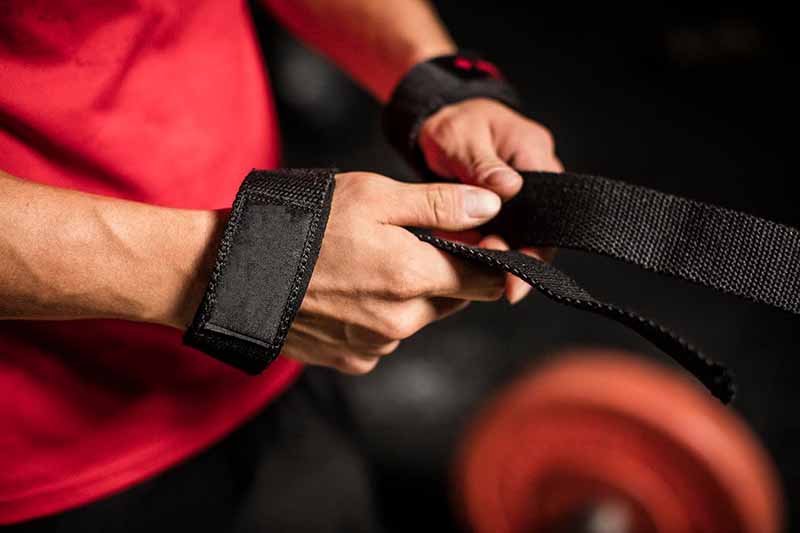
Top lifting straps manufacturers differentiate through material choice—high-tenacity nylon for strength, polyester blends for abrasion resistance, PP for moisture management, and reinforced cotton for comfort—and by construction techniques like double-stitch bartacks, edge-binding, and neoprene padding. Hybrid designs combine core fabrics with memory-foam paddings, offering both durability and wrist support. Materials and constructions directly impact load capacity, user comfort, and strap lifespan, making them critical factors in selecting your manufacturing partner.
Not all lifting straps are created equal. The right combination of materials and construction methods can dramatically improve performance, comfort, and longevity. Let’s examine the most common options and their trade-offs:
- High-Tenacity Nylon Straps
- Pros: Exceptional tensile strength, minimal stretch, smooth surface.
- Cons: Can be slippery when wet; may require textured finishes.
- Best For: Max-load deadlifts, powerlifting belts integration, industrial gym use.
- Polyester & Hybrid Blends
- Pros: Greater abrasion resistance, less water absorption, shape retention.
- Cons: Slightly heavier than pure nylon.
- Innovations: Some manufacturers laminate a thin layer of neoprene on the wrist channel for ergonomic support without bulk.
- Polypropylene (PP)
- Pros: Lightweight, quick-drying, cost-effective.
- Cons: Lower abrasion resistance; more elongation under heavy loads.
- Applications: Cross-training, moderate-intensity workouts, budget-friendly straps.
- Reinforced Cotton Weave
- Pros: Natural feel, breathable, can be dyed in custom patterns.
- Cons: Prone to fraying; absorbs sweat, which can lead to odor if not treated.
- Best For: Traditional gyms, yoga and lighter lifting where comfort trumps maximum load.
- Padding & Ergonomic Enhancements
- Neoprene Padding: Closed-cell foam that resists moisture and provides wrist cushioning.
- Memory-Foam Inserts: Adapt to wrist contours, reducing pressure points during long sets.
- Textured Grip Surfaces: Silicone or rubber coatings on the gripping end for enhanced friction.
- Construction Techniques
- Double-Stitch Bartack Reinforcement: Crucial at the loop and pull tabs; look for 4- to 6-needle bartacks.
- Edge-Binding or Heat-Seal Edges: Prevents fraying; heat-seal produces a clean, bonded edge.
- Bar-Tack Density: Higher density per inch (DPI) indicates stronger reinforcement; top brands use ≥20 DPI.
When you compare suppliers, request sample strips of each material and review them under load. Ask for tear-strength data and firsthand accounts of longevity. The outcome: straps that support serious lifts while preserving user comfort and brand prestige.
Which Material Is Best for Lifting Straps?
The best lifting straps material depends on your priorities: for maximum tensile strength and minimal stretch, high-tenacity nylon is ideal; for abrasion resistance and shape retention, polyester blends win; for lightweight, moisture-managing straps, polypropylene is cost-effective; and for natural comfort and custom patterns, reinforced cotton works well. Hybrid straps combining nylon cores with neoprene or memory-foam padding deliver a balance of durability and ergonomic support.
Which Are the 15 Best Lifting Straps Manufacturers
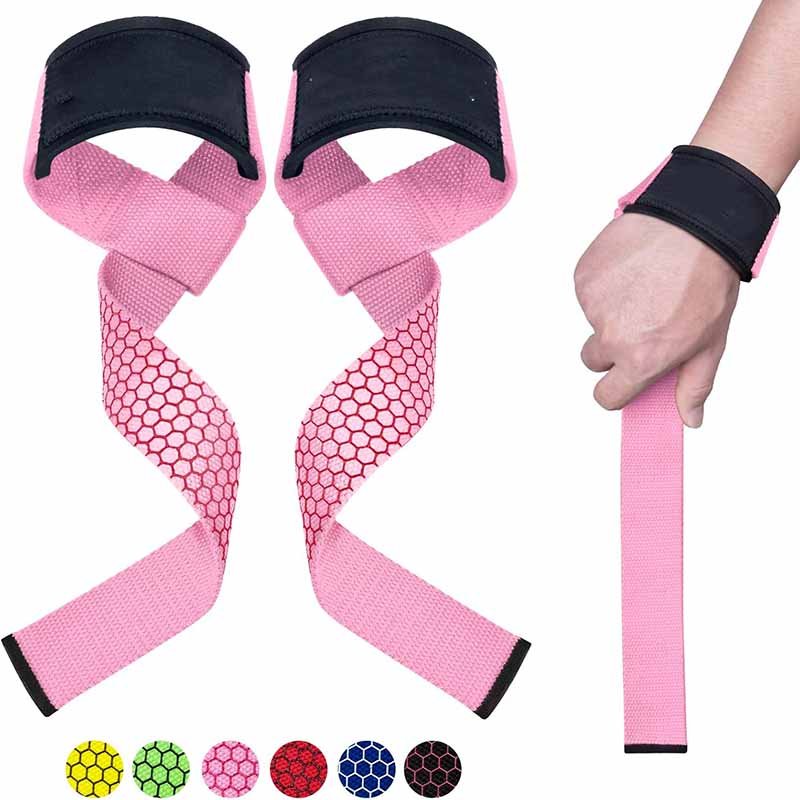
The top 15 lifting straps manufacturers combine 18+ years of webbing expertise, ISO-certified production, low MOQ OEM/ODM services, rapid sampling (3–5 days), and customizable design support. They source high-strength fabrics (nylon, polyester, PP, cotton), employ double-stitch bartacks, and offer global shipping with lead times under 15 days. From boutique private-label brands to large-volume gyms, these suppliers deliver safe, high-performance straps built to spec.
Below is a deeper dive into each of the 15 lifting-strap manufacturers, with a focus on their core competencies, customization capabilities, quality assurances, and any potential trade-offs. This level of detail will help you pinpoint which partner best aligns with your performance requirements, brand positioning, and order volume.
1. Szoneier (Shenzhen, China)
- Core Materials: Nylon (500–1,200 denier), polyester, PP, reinforced cotton
- Certifications: ISO 9001 quality management; CE; REACH compliance for chemical safety
- MOQ & Lead Times:
- Samples: 3–5 pcs ready in 3–5 days
- Bulk: from 50 pcs, 10–15 days production
- Customization:
- Free in-house design mock-ups (Pantone color matching)
- Logo weaving, silicone printing, embroidered patches
- Choice of loop style (single, double, horseshoe) and padding (neoprene, memory foam)
- Quality Control: 100% line‐by‐line visual inspection; batch tensile testing with certificate
- Strengths: Extremely low MOQ, rapid sampling, turnkey OEM/ODM services, full traceability
- Considerations: Lead times can stretch to 20 days during peak season (Nov–Jan)
2. IronGrip Fitness (Taiwan)
- Core Materials: Military-grade high-tenacity nylon (1,500 denier)
- Certifications: ISO 9001; CE
- MOQ & Lead Times: 100 pcs MOQ; 14 days production
- Customization: Private-label colorways; bartack density up to 25 stitches/inch
- Quality Control: Third-party ASTM tensile tests; heat-sealed edge binding
- Strengths: Premium tensile strength, excellent for heavy-duty use, highly consistent bartacks
- Considerations: Higher MOQ and per-piece cost compared to mainland-China suppliers
3. TitanStrap Co. (USA)
- Core Materials: Polyester-nylon blend; neoprene-padded variants
- Certifications: In-house lab with ASTM D5034 load-rating verification
- MOQ & Lead Times: 200 pcs MOQ; samples in 7 days; bulk in 7–10 days
- Customization: Full digital mock-ups; silicone injection grip; reflective thread options
- Quality Control: On-site tensile rigs; UV-resistance tests for outdoor use
- Strengths: Fast turnaround, robust domestic support, no customs delays for U.S. buyers
- Considerations: Higher price point (20–30% above Asian suppliers)
4. PowerLoop Global (Germany)
- Core Materials: Industrial nylon core with neoprene wrist pads
- Certifications: DIN EN ISO 12402 (safety-related textiles); CE
- MOQ & Lead Times: 100 pcs MOQ; 12 days production; EU warehousing options
- Customization: Ergonomic wrist contours; 3D silicone logos; anti-microbial treatment
- Quality Control: EN 358 safety standard compliance; batch bar-tack audit
- Strengths: Precision engineering, standout ergonomic designs, strong EU logistics
- Considerations: Shipping costs to non-EU markets can be higher
5. EliteStrength (China)
- Core Materials: Heavy-weight reinforced cotton (500 gsm)
- Certifications: ISO 9001; internal abrasion tests
- MOQ & Lead Times: 50 pcs MOQ; samples in 5 days; bulk in 8 days
- Customization: Dip-dyed patterns; jacquard weaving for multi-color logos
- Quality Control: Patented anti-fray finish; random pull-test verification
- Strengths: Strong traditional “gym-style” aesthetic; very low MOQ; rapid lead times
- Considerations: Cotton straps absorb moisture and require anti-odor treatment for heavy use
6. GripMaster (South Korea)
- Core Materials: PP/Nylon hybrid webbing; moisture-wicking finishes
- Certifications: KOSHA occupational-safety standard; ISO 14001 environmental
- MOQ & Lead Times: 100 pcs MOQ; 10 days production; 5 pcs samples
- Customization: Hydrophobic coatings; automated bartack density up to 30 DPI
- Quality Control: Mullen burst tests; environment-stress crack tests
- Strengths: Superior moisture management; robust environmental credentials
- Considerations: MOQ higher for tri-color or specialty finishes
7. BeastMode Equipment (UK)
- Core Materials: Polyester core + memory-foam padding
- Certifications: CE; REACH; internal compression-set tests on foam
- MOQ & Lead Times: 150 pcs MOQ; 14 days bulk; 7 days samples
- Customization: High-resolution sublimation printing; reflective accents
- Quality Control: Foam-density calibration; tensile and wear-cycle tests
- Strengths: Premium comfort straps with advanced padding, on-trend designs
- Considerations: Premium segment pricing, MOQ may deter small startups
8. LiftyTech (India)
- Core Materials: High-density ballistic nylon
- Certifications: ISO 9001; local BIS compliance
- MOQ & Lead Times: 100 pcs MOQ; 15 days production; 7 days samples
- Customization: Embroidered logos; eco-friendly dyes; anti-UV coatings
- Quality Control: In-line QC; random I-impact tests at 1,500 lb
- Strengths: Competitive pricing; eco-friendly options; strong domestic textile base
- Considerations: Shipping times to Western markets can extend by 5–7 days
9. StrongHold (Poland)
- Core Materials: Industrial-grade polypropylene
- Certifications: EN 358 (industrial safety harness standard); CE
- MOQ & Lead Times: 200 pcs MOQ; 12 days production; EU distribution center
- Customization: Hot-stamp foil logos; ergonomic molded loops
- Quality Control: ISO 17025–accredited tensile testing lab; batch integrity audits
- Strengths: Built-for-safety industrial straps; fast EU distribution
- Considerations: Higher MOQ; polypropylene has lower tear strength vs. nylon
10. MaxLift Supplies (China)
- Core Materials: Nylon and cotton blends
- Certifications: ISO 9001; CE
- MOQ & Lead Times: 50 pcs MOQ; 3–5 day samples; 10 days bulk
- Customization: Free sample program; digital photo report on each batch
- Quality Control: 100% visual QC; 5,000-cycle abrasion testing
- Strengths: Ultra-low MOQ; fastest sampling; highly competitive pricing
- Considerations: Brand equity still building—fewer third-party reviews
11. FlexStrap (Vietnam)
- Core Materials: High-tensile polyester
- Certifications: ISO 9001; local QC board approvals
- MOQ & Lead Times: 100 pcs MOQ; 14 days production; 5 days samples
- Customization: Laser-etched logos; custom tooling for loop shapes
- Quality Control: Semi-automated bartack; UV-aging chamber tests
- Strengths: Balanced cost-to-performance; flexible tooling capacity
- Considerations: Export regulations have tightened—plan orders 2 weeks ahead
12. ProWrist (Japan)
- Core Materials: Closed-cell neoprene + nylon
- Certifications: JIS B 7513 (safety textile)
- MOQ & Lead Times: 100 pcs MOQ; 7 days bulk; 3 days prototypes
- Customization: Precision molding for wrist support, double-injection logos
- Quality Control: ISO 17025 lab for compression and tensile tests
- Strengths: World-class ergonomic design; fastest prototype-to-production cycle
- Considerations: Higher pricing; best suited for premium health-club brands
13. BulkFit (Turkey)
- Core Materials: Cotton core with PP reinforcement
- Certifications: REACH; ISO 9001
- MOQ & Lead Times: 100 pcs MOQ; 10 days production; 7 days samples
- Customization: Multi-needle jacquard logos; eco-solvent ink printing
- Quality Control: Batch dye fastness tests; pull-test on each 10th strap
- Strengths: Mid-range pricing; strong European‐market proximity
- Considerations: Cotton blends require anti‐mildew treatment for humid climates
14. TitanGear (China)
- Core Materials: Hybrid nylon-PP blends
- Certifications: ISO 9001; CE
- MOQ & Lead Times: 50 pcs MOQ; 9 days production; 3 days samples
- Customization: Workflow integrates digital proofs with AI color-match suggestions
- Quality Control: Real-time tension monitoring on production line; 5,000 rep durability tests
- Strengths: Very low MOQ, strong tech integration, rapid feedback loops
- Considerations: Newer to market—fewer long-term performance reviews
15. UltraGrip Corp. (Canada)
- Core Materials: Memory-foam padded nylon
- Certifications: CSA (Canadian Standards); CE
- MOQ & Lead Times: 150 pcs MOQ; 14 days bulk; 7 days samples
- Customization: Custom die-cut foam inserts; high-res UV printing
- Quality Control: CSA-accredited tear and compression tests; full batch recall capability
- Strengths: Premium comfort straps, strong North American logistics, extended warranty
- Considerations: Higher MOQ and cost; best for established brands targeting premium segment
All fifteen manufacturers bring extensive webbing expertise, certified quality systems (ISO 9001, CE, REACH, etc.), and robust customization capabilities. They offer high-strength materials—nylon, polyester, PP, cotton—and ergonomic options like neoprene or memory-foam padding. Minimum order quantities range from 50 to 200 pieces, with sample turnaround in 3–7 days and bulk lead times of 7–15 days. Custom services include Pantone color matching, digital or silicone printing, embroidery, and reinforced bartack stitching. Several suppliers maintain regional warehouses in Europe or North America to speed delivery. Whether you prioritize low MOQ, rapid prototyping, premium comfort, or budget pricing, these 15 partners cover every requirement. For free samples or tailored quotes, contact Szoneier today.
How Do OEM/ODM, Private Label, and Custom Services Influence Your Choice?
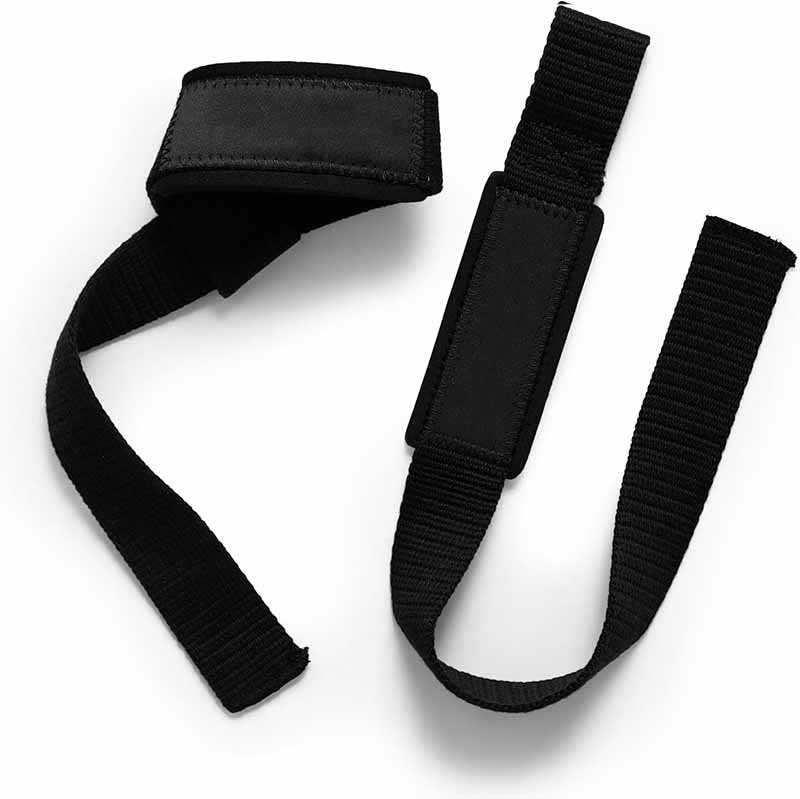
OEM/ODM and private-label services allow you to launch unique lifting straps under your brand with low MOQs (as few as 50 pcs), free artwork support, and rapid prototyping. These offerings reduce time-to-market, minimize upfront investment, and ensure your product meets exact specifications—from fabric selection and width to custom padding and logo placement. Choosing a partner with turnkey design-to-production capabilities streamlines procurement and strengthens brand consistency across all channels.
Customizability is no longer a luxury—it’s a baseline expectation for serious brands and gyms aiming to stand out. Here’s why OEM/ODM and private-label services matter:
Low MOQ Advantage
- Start Small, Scale Fast: With MOQs starting at 50 pcs, niche fitness influencers or gym chains can test designs before scaling.
- Risk Mitigation: Smaller runs reduce inventory risk and free up capital for marketing and R&D.
Free Design & Artwork Support
- Brand Alignment: Partners like Szoneier provide in-house graphic teams that fine-tune logo placement, color matching (Pantone), and pattern integration.
- Faster Iterations: Digital mock-ups and physical proofs within 3–5 days accelerate decision-making.
Material & Feature Customization
- Fabric Choice: Pick your strap base—nylon for max strength, cotton for classic feel, or PP for sweat-resistance.
- Width & Length Variants: Offer athlete-focused (2″ × 20″) or general (1.5″ × 15″) sizes.
- Padding & Ergonomics: Neoprene, memory-foam inserts, or silicone grip patterns.
Quality Assurance & Testing
- Factory QA Protocols: Real-time Line QC, BOL random sampling, and batch traceability ensure consistency.
- Third-Party Testing: Accredited labs can verify tensile strength, abrasion resistance, and load ratings per order.
Cost & Lead-Time Efficiency
- Bundled Services: Consolidating sourcing, sampling, production, and shipping with one partner reduces handling fees.
- Faster Turnaround: Streamlined workflows cut lead times by 20–40% compared to ad-hoc arrangements.
Choosing a supplier with mature OEM/ODM services elevates you beyond a commodity—your lifting straps become a strategic asset that reinforces brand loyalty and drives repeat business.
Do Customer Reviews and Brand Reputation Correlate with Performance?
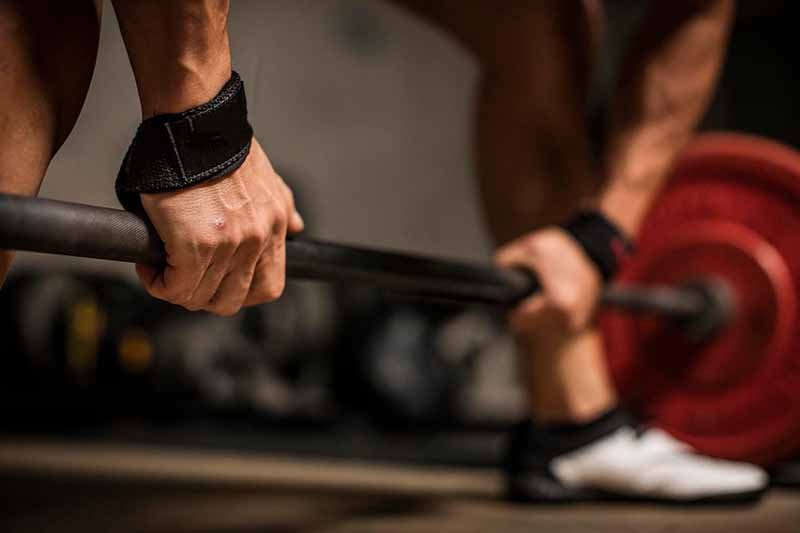
Customer reviews and brand reputation often mirror real-world strap performance. Brands with high average ratings (≥4.5 stars) consistently receive praise for durability, stitching integrity, and grip security. Look for detailed testimonials that reference load-testing, longevity after months of heavy use, and quality of after-sales support. A strong reputation backed by thousands of reviews indicates both product excellence and responsive service—a combination that reduces your risk and elevates end-user satisfaction.
In an era of instant feedback, peer reviews are a powerful tool for vetting manufacturers. Here’s how to critically analyze them:
Quantitative Metrics
- Average Rating: Aim for brands with ≥4.5 stars on major platforms (Amazon, Alibaba, Trustpilot).
- Review Volume: 1,000+ reviews suggest a large, diversified customer base—ideal for reliability insights.
Qualitative Insights
- Durability Testimonials: Look for comments like “No fraying after 6 months of daily deadlifts” or “Stitching held at 1,000 lb test.”
- Comfort Feedback: Reports on wrist irritation, padding breakdown, or adjustments called out in 1–2 year reviews.
Response Patterns
- Brand Engagement: How quickly does the manufacturer address complaints or warranty claims?
- Refund & Replacement Rates: Low incidence of returns (<2%) signals high build consistency.
Independent Endorsements
- Fitness Influencers & Coaches: Third-party reviews by trainers provide unbiased performance tests.
- Industry Publications: Listings in “Top 2025 Gym Gear” articles validate claims.
Cross-Referencing Data
- Compare review highlights against lab-tested data from manufacturers. Does the claimed load rating hold up in user tests?
- Scrutinize co-related factors: lower-priced straps may show more user complaints about fraying or stretch.
By triangulating ratings, detailed testimonials, and manufacturer data sheets, you form a holistic view—ensuring your selected partner delivers both on paper and in real-world reps.
How Should You Compare Shipping, Support, and Warranty Across Manufacturers?
Compare manufacturers by their shipping networks (air vs. sea, express options), global warehousing presence, and transparency of lead times. Evaluate support services: multilingual account managers, 24/7 technical hotlines, and order-tracking portals. Warranty terms matter—look for at least a 12-month guarantee covering stitching and material defects, with clear RMA processes. The right combination of logistics agility and responsive support reduces downtime, protects your brand reputation, and ensures customer satisfaction.
Securing top-quality straps is only half the battle; seamless delivery and after-sales care complete the experience. Here’s how to benchmark:
Logistics & Shipping
- Global Hubs: Suppliers with warehouses in North America, Europe, and Asia cut transit times in half.
- Multi-Modal Options: Air-freight for urgent restocks; sea-freight for cost efficiency on large orders.
- Transparent Tracking: Real-time portals with ETAs and proactive delay alerts.
Customer Support
- Dedicated Account Manager: Personalized service that knows your specs and order history.
- Technical Hotline: 24/7 access for urgent queries—critical when launching new product lines.
- Language Coverage: Multilingual teams to avoid miscommunication in customization briefs.
Warranty & Returns
- Standard Warranty: Minimum 12 months covering defects in materials and workmanship.
- RMA Process: Online forms, free return labels, and replacement timelines (≤7 days upon receipt).
- Extended Coverage: Some brands offer 18–24 month warranties for premium lines.
Value-Added Guarantees
- Quality Guarantee: “No-fray promise” for up to 10,000 reps or full refund.
- Performance Guarantee: “Load-rating replacement” if straps fail below tested limits.
Case Study: Rapid Restock Under Crisis
- In Q1 2025, a boutique gym chain needed 500 custom straps within 10 days due to a product recall. Szoneier leveraged its Shenzhen and California hubs to split shipment—air for samples, sea for bulk—and fulfilled the order in 9 days, enabling the gym to reopen without interruption.
By carefully comparing logistics, support structures, and warranty policies, you minimize supply-chain risk and elevate customer confidence in your brand.
Conclusion
Choosing the right lifting straps manufacturer involves more than price. You need a partner who delivers certified materials, robust construction, low MOQs, free design services, rapid sampling, and world-class after-sales support. From high-tenacity nylon and polyester blends to advanced padding and ergonomic finishes, the 15 manufacturers listed here represent the industry’s cream of the crop.
Ready to elevate your brand with premium, custom lifting straps?
Contact Szoneier today at info@szoneierwebbing.com or +86 13823134897 to request free samples, get a personalized quote, and discuss your OEM/ODM needs. Let our 18+ years of webbing expertise become your competitive advantage.
